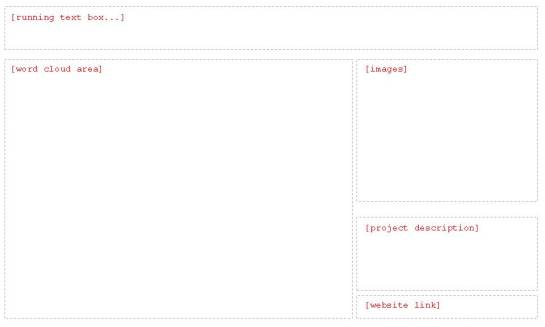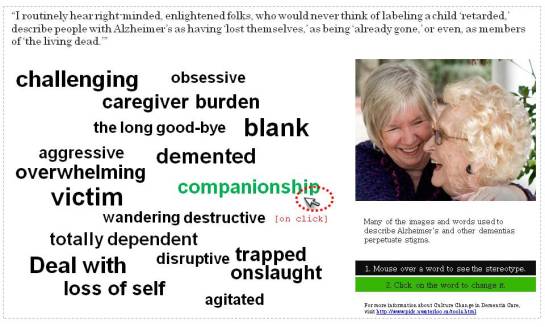In thinking about our project and our hopes of helping to improve the language and culture around dementia, I began to think about the class’ early reading that I did my presentation on. “The Dorsal Turn,” from David Wills’ Dorsality: Thinking Back Through Technology and Politics, puts forth the proposition that humans were always from the outset technical beings. Wills posits that once we began to walk upright, we freed up our hands for tool use, and ultimately allowed for the development of a larger brain.
“What mobilizes itself in the technological turn is a function of something that cannot but occur, has already occurred, occurs automatically, is itself already in the service of a machine. The technological turn describes the turn into a technology that was always there” (3).
Much of what Wills argues has to do with the idea that human or “natural” and technological are intertwined from the beginning and that they are not actually separate things or states of being. The Dorsal Turn, among other things, seems to advocate a change in perception or “turn” towards the realization of this connection.
“[T]hey privilege the organic to the extent of failing to acknowledge the becoming-technological of biological self-organization or self-programation, whenever they ignore the originary mechanics at work in the evolution of the species. This is not to replace the organic with the mechanical but to argue against any rigorous purity of either” (6).
Wills furthers his argument about the human as technology—specifically a piece of biotechnology or biomechanics. As Wills points out, though, if we consider the human as technological and begin to consider a morality and ethics and future with that perception in mind it begins to change our thoughts and feelings about the increasing role of technology in our lives and bodies.
“Indeed, how could we begin to conceive of an ethics of the mechanical? Ethical behavior, political “choice,” free will, agency, indeed, the human itself are for us, by definition, representative of what breaks with mechanicity, automatism, or programmation” (6).
But as we continue to be influenced by the technologies we have created, supposedly outside of ourselves, we see that biological changes are occurring within us as a result of our use of “technology.” Technology has come from the back to surprise us.
As such technology becomes a real factor that should be considered philosophically and ethically when dealing with complex moral and socio-political problems. At this point it is important to realize that the technology I am thinking about is language and writing. Once we realize how much technologies can affect the development of the human species, it is important morally and ethically to consider the effects the development and use of technology (even language) can have on other people. Our language shapes our perceptions of everything in the world around us and has helped us make sense of abstract thought. It is a technology that has allowed us to achieve so much. Let’s wield it wisely.
“Such change, my argument goes, cannot be effected without tropological mediation: some idealized representations of an altered reality has to precede its implementation, or at least that is how political history, with its programs and manifestos, has proceeded.” (19)
Like Wills suggests, we seek to shoot for an idealized reality where people with Alzheimer’s and other dementias are recognized as people in the present and treated as such. A reality where they aren’t perceived through the use of negative and depersonalizing language as “mindless zombies” or “already gone.”
Wills, David. “The Dorsal Turn.” Dorsality: Thinking Back Through Technology and Politics. Minneapolis: U of Minnesota Press, 2008.





